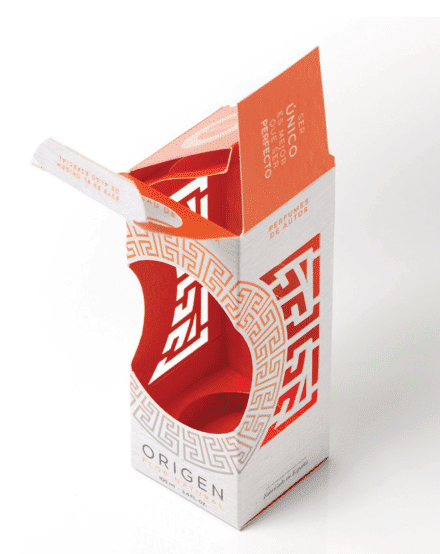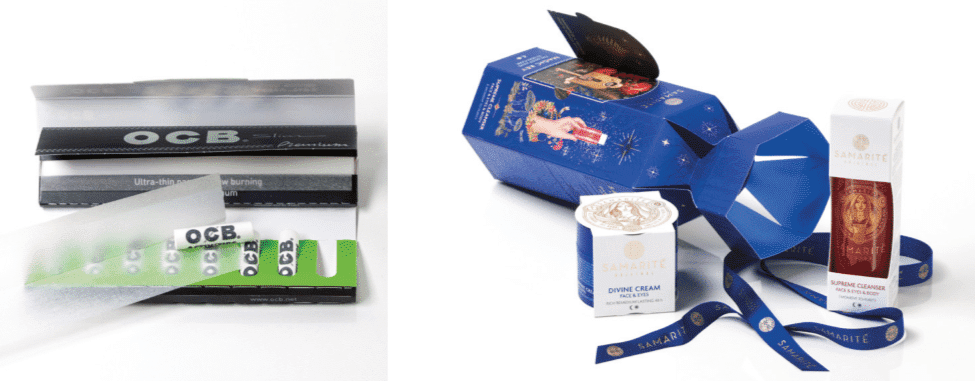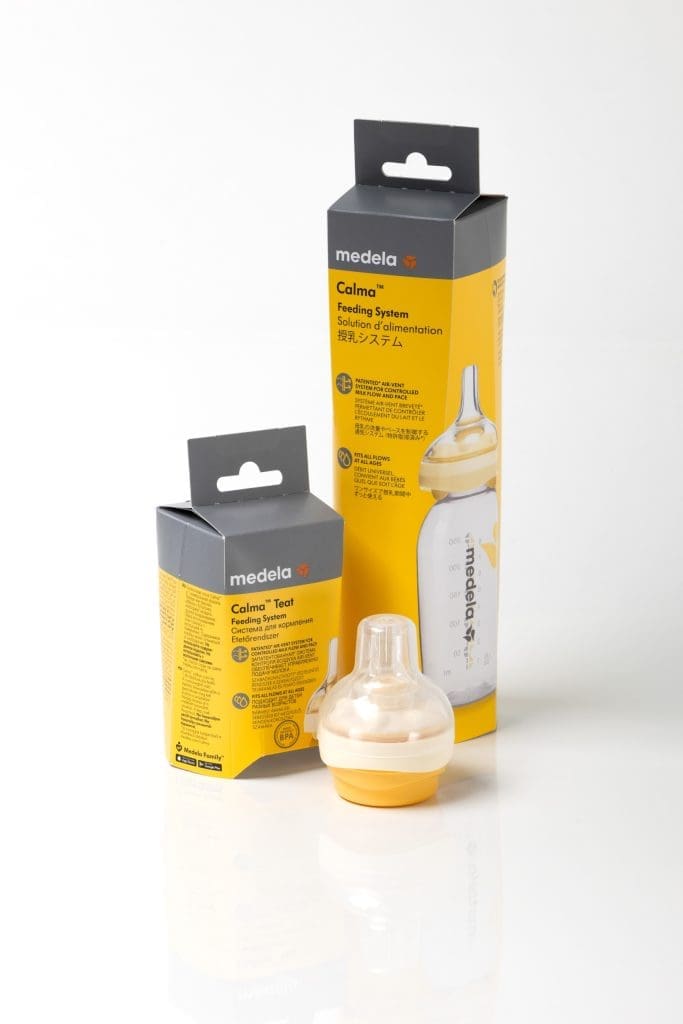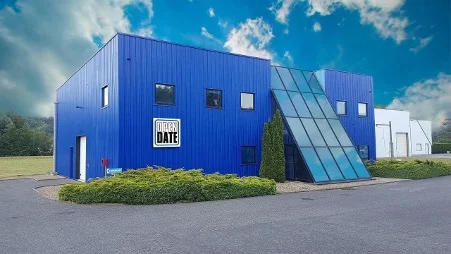By Winfried Muehling, Director of Marketing and Communications, Pro Carton

With increasing requirements on product and food safety, we see an ever-increasing level of packaging waste in Europe. Figures reached an all-time high totaling 84.3 million tons (Eurostat, 2024). As we look to create a more sustainable future for the packaging industry, the concept of a circular economy has become increasingly critical. Within this, cartonboard has emerged as a leading contender, offering a recyclable, renewable, and truly sustainable packaging solution.
EU regulation paves the way
The upcoming Plastic Packaging Waste Regulation (PPWR) in the European Union (EU) represents a pivotal moment for the packaging industry. This regulation, anticipated for formal approval by the end of 2024, will incentivise the adoption of more sustainable and circular packaging alternatives.
With potential enforcement commencing in the summer of 2026, PPWR will have a comprehensive impact across all 27 EU member states. Pro Carton supports PPWR, recognizing its potential to establish a robust foundation for a truly circular packaging industry within the EU, and hopefully lead non-EU member states into a similar circular economy for packaging standardization.

Separate and harmonised collection is key
Recycling is the cornerstone of a circular economy for packaging and it’s largely down to consumer action – something we must remain aware of. The efficacy of sorting and collection systems is paramount. Our industry voices out the importance of separate collection for fibre-based packaging harmonised across Europe. This helps to avoid recontamination and secures the best recycling results.
Europe boasts an impressive 82.5% recycling rate for paper and cartonboard (Eurostat) a testament to its well-established and efficient recycling infrastructure. Correlating to this, consumers also have high trust in the recycling efforts of cartonboard.
Recent surveys reveal that cartonboard and paper packaging enjoy an 87% trust level – the highest ever recorded for these materials (Pro Carton Rethinking Packaging – Consumer Survey, 2024). However, fostering this trust further is essential. Consumers require tangible evidence of the impact of their recycling efforts, a credible system of recycled packaging material finding its way back on the shelves.


Balanced supply of virgin and recycled board qualities secures circularity
A well-balanced system utilising both virgin and recycled fibres is critical for European cartonboard production. Virgin fibres provide the necessary structural integrity and strength and will meet all needs on the ‘whiteness’ of the board or very specific food safety requirements.
Recycled fibers are most commonly used for different food and non-food applications to safely protect the product. The supply system for both virgin and recycled board qualities is wellbalanced in Europe and secures the availability of the respective qualities at any time. Packaging material suppliers together with packaging specialists on the brand owner site will carefully evaluate the best board quality for each product.
Pro Carton members are firmly committed to further refining the recycling process, enabling more mills to efficiently handle cartonboard recycling of different recycling materials. Fibers can be recycled more than 25 times, demonstrating circular economy principles (Pro Carton, 2021).
Innovation remains another key driver propelling cartonboard towards even greater sustainability. Pro Carton members actively pursue avenues to further reduce the plastic content in coatings and identify renewable materials for barrier functions. Developing barriers from renewable resources further improves the recyclability of coated cartonboard materials.
ECEA entries prove folding carton’s circularity leadership

A brilliant example of this is the European Carton Excellence Award 2024 (ECEA) Sustainability Award Winner, Calma Products, by PAWI Packaging Deutschland GmbH. The packaging can be recycled in regular paper streams and will find its way back to the shelves after recycling. The product was previously packed in plastic packaging and was transferred to a sustainable folding carton solution. An added perceived value for young parents.
Another entry of the ECEA 2024 portrays a great example of a closed recycling loop. Cartonboard producer RDM Group aligned forces with folding carton producer Arti Grafiche & Reggiane Lai and cheese producer Granterre to create its latest Parmareggio recycled cartonboard packaging design.
In a campaign starting in August 2024, the packaging will be recycled in a closed recycling loop to new cheese packaging. A genuine demonstration of taking ownership of recycling of own packaging waste and a perfect example of demonstrating leadership in circularity.
The concept of ‘living circularity’ is embodied in every square metre of board produced and every folding carton leaving our member factories. We are unwavering in our commitment to keeping up consumer trust and confidence, raising the bar for sustainable packaging solutions with cartonboard.
By embracing innovation and fostering collaboration, we can collectively create a future where packaging contributes substantially to a healthier planet.





